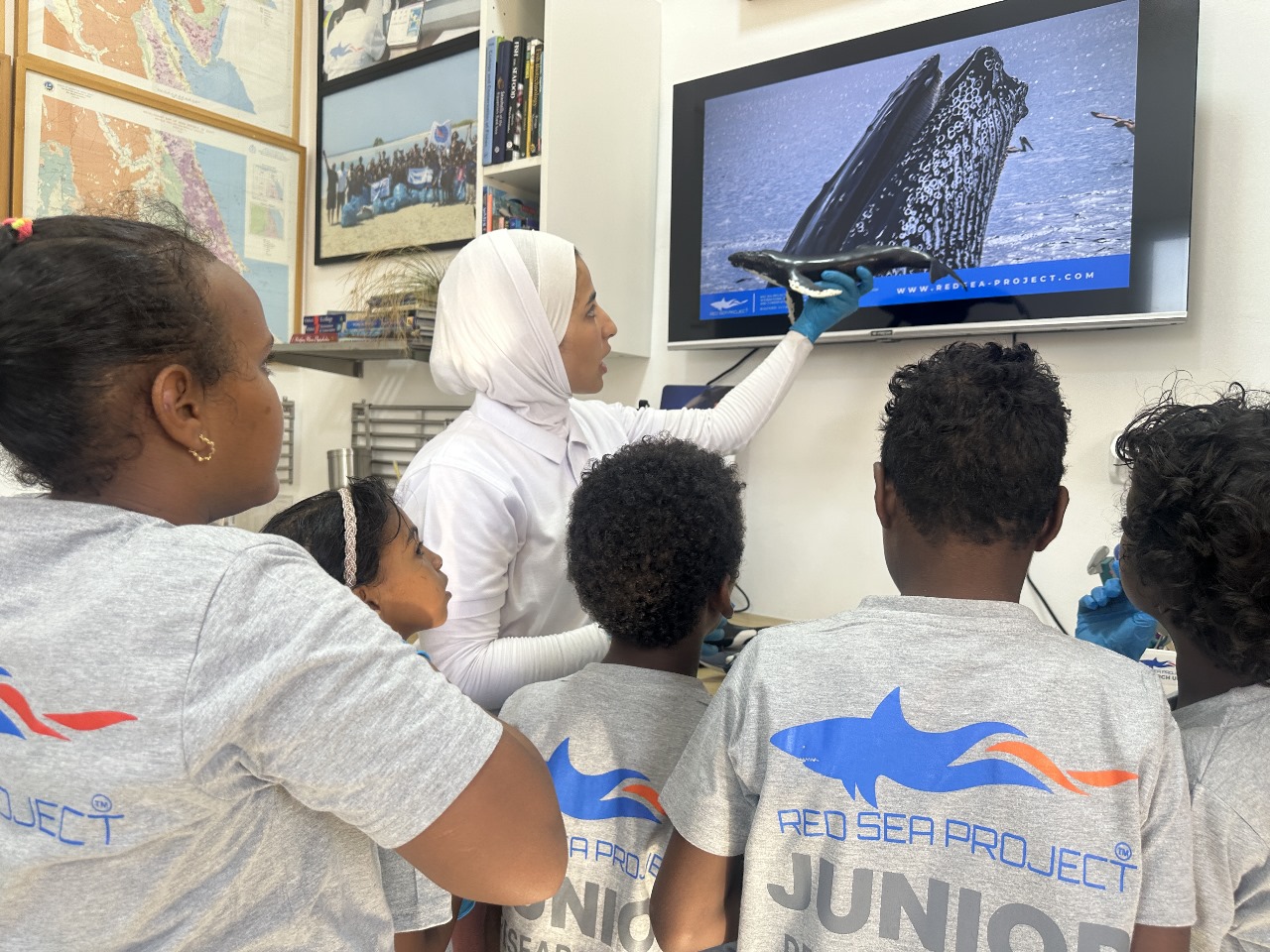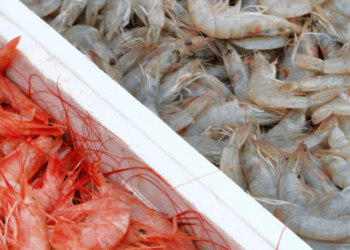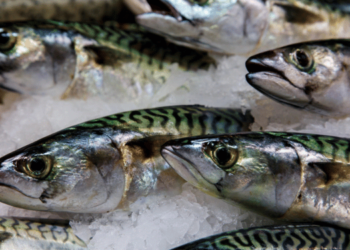Reem Hossam, a young marine biologist from Egypt – One of the great joys of being a marine biologist is the opportunity to research marine organisms’ biology, behavior, and ecology. Explore vibrant coral reefs, or dive deep to study deep-sea creatures. In addition to the stunning natural environments, marine biologists have the privilege of getting up close and personal with amazing marine life. From observing the graceful movements of whales and dolphins to discovering new microscopic species, one of those people who explores the beauty of these environments is Reem Hossam.
Reem Hossam is a graduate of the Faculty of Fisheries at Aswan University, where she was consistently at the top of her class and earned a distinction. She works as a marine biologist and educational officer at the Red Sea Project in Marsa Alam, Egypt.
Last year, Reem had the opportunity to do an internship at the Red Sea Project. During this internship, she received practical and theoretical training on how to recognize and conserve the Red Sea’s marine and terrestrial ecosystems and its biodiversity, fauna, and flora. In addition, she participated in another marine conservation internship, where she gained more experience in fish and coral identification, underwater survey techniques, coral reef health assessment, research methods, and data management. This hands-on experience was invaluable in expanding her knowledge and understanding of the Red Sea marine ecosystem.
This year, Reem returned to the Red Sea Project to receive further training in marine ecology, including training in turtle survey and identification, dolphin monitoring and surveillance, and leading the launch of new educational programs to teach children about the importance of the marine environment. After this training, she is now working at the Red Sea Project as a full-time marine biologist.
Although Reem specializes in fisheries, she has always had a special interest in aquaculture and fish farming and breeding. She tries to connect the two fields and is passionate about learning more about the differences between aquaculture and fisheries, as well as the techniques to control and manage these systems to ensure the natural growth and sustainability of fish populations.

In the first year of university:
– Reem was trained at Misr Fish Company in Al-Khasha’a hatchery in Kafr El-Sheikh on breeding and feeding Nile tilapia and mullet.
– She was trained in a hatchery in Hamoul on raising, feeding, and handling Nile tilapia larvae.
– Reem trained at the Lake Nasser Development Authority in Aswan on raising and hatching tilapia to release fry into Lake Nasser to support fish wealth. She also learned how to examine and count phytoplankton and zooplankton in the laboratory.
– She started writing scientific articles about marine biology, as a volunteer at Fish Team, and then presenting video episodes on YouTube to talk about fish in a simplified way.
In the second year of university:
– Reem was trained at the Kilo 21 hatchery in Alexandria to raise red tilapia, bream, and sea bass, she went down to the ponds and hatched the tilapia herself.
– She was trained to culture marine algae at the Kilo 21 hatchery.
– Reem took a specialized course in microbiology at the Marine Science Institute in Alexandria.
– She started writing scientific articles about marine biology, as a volunteer for Octopus Team.
– Reem started writing scientific articles about ornamental fish, as a volunteer at Marino Team.
In the third year of university:
She trained in the Red Sea Project in Marsa Alam, where she took training in:
How to identify fish and corals and download them on iNaturalist.
Conduct coral reef health assessments.
How to care for rare desert plants such as acacia, their importance, and learning about them through Application Seek.
Bird watching course.
Reem took a PADI open-water scuba diving course And she started freediving training.
In the fourth year of university:
– Reem took a course in fish stock assessment methods and learned different models and programs for managing and evaluating fisheries at the Institute of Marine Sciences in Alexandria.
– She took a course with WorldFish in Abbassa, Sharqia, in raising shrimp and marine fish.
– Then Reem completed training in the Red Sea project:
– She took a course on how to scan and identify turtles by photographing their sides and carapace and uploading them to the turtle website.
– Lecture on types of whales and dolphins.
– Observe and monitor dolphins at Sataya Dolphin House.
All of this provided Reem with comprehensive education and training in various aspects of aquaculture, fisheries, and marine conservation over 4 years, covering topics such as breeding, feeding, and development of different fish species, water quality monitoring, coral reefs, and fish stock assessment.
Reem was responsible for training students in a course on sea turtles at the Red Sea Project in Marsa Alam. The training included how to identify different types of turtles, and how to measure their length, width, and weight. They learned about marine mammals and got hands-on experience examining specimens under a microscope. This allowed the children to observe and learn about the diversity of life in the Red Sea first-hand.
Reem’s journey has not been without challenges. Since there is no success without fatigue or difficulties. As someone from Aswan, it is a governorate far from the training sites she goes to so she had to travel a lot to get to these sites which could take up to 18 hours. However, she was determined and persistent to reach her goals and ambitions, and she credits the unwavering support and encouragement from her family as a major factor in her success.

Reem’s advice for students, both male and female:
-For every hard worker there is a share and every time you seek Allah will reward you for this pursuit and the most important thing is to satisfy.
– Work hard and maintain hope and energy to keep going. With effort, everyone has a chance to succeed.
– Focus on your own goals and priorities, not on comparing yourself to others. Each person’s journey is unique.
– Surround yourself with positive people and influences, and don’t listen to negative talk that could discourage you.
– Be prepared to take on the responsibility and challenges of the training program you choose to undertake.
– Balance your time, dedicating periods for focused study as well as training.
– Persist in seeking out opportunities, as they may not always be available in your immediate area.
-And the time of study is for study and the vacation is for training, There is nothing that is in the place of the other.
In addition to all that, Reem’s determination, adaptability, and willingness to work hard have enabled her to excel, graduating at the top of her class in her four-year program. And also she wrote articles with Octopus, Fish Team, Marino.
Reem is a true trailblazer, she’s not only transforming the way we approach marine biology, but she’s also showing the world that age is nothing but a number when it comes to making a difference.
Reem Hossam, a young marine biologist from Egypt








